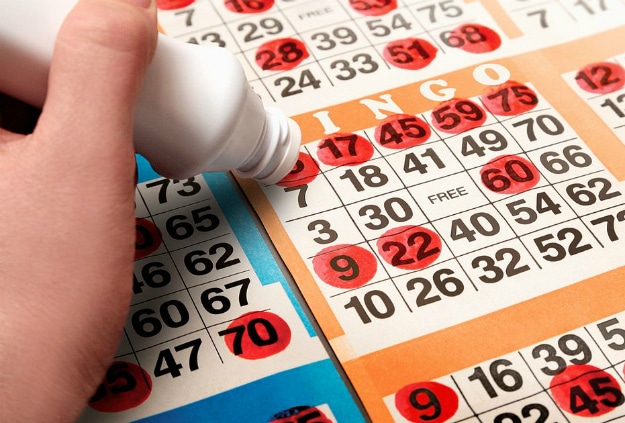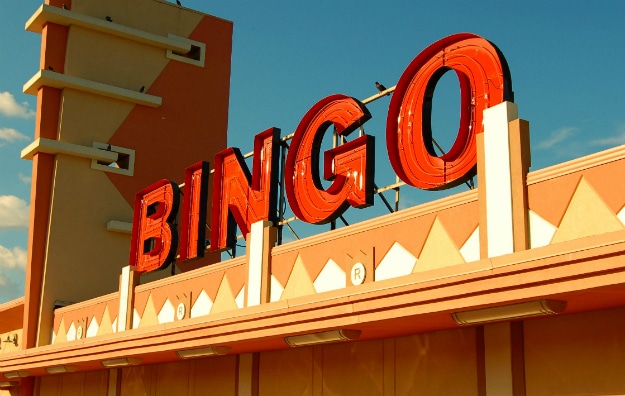For many, it seems as British as fish and chips and holidays by the seaside, but you might be surprised to learn that bingo history dates back over 450 years to Italy. The first recorded form of the game, called Lo Giuoco del Lotto d’Italia, was introduced after the unification of the country in 1530 when the government needed a way to raise taxes. Even today the Italian Lotto plays an essential part in raising funds for the country.
But it wasn’t until the late 1920s that the game that we play today first started to emerge. After seeing the crowds that a carnival game called Beano attracted, a US toy salesman called Edwin Lowe, realized that this could be ripe for development. It was called Beano because, instead of marking off numbers as they were called, players placed a bean on their card instead.
Lowe took the game back to his native New York and started a company producing numbered cards which he supplied along with the beans to play. [pullquote]It was one night when watching a game that he heard a player shout out the word “Bingo” instead of “Beano” that the game was renamed with the more catchy title.[/pullquote]
It wasn’t until the 1950s that bingo made its presence felt on this side of the Atlantic and, ironically, it was the arrival of television that gave the game its big chance. As the new medium started to be beamed into more and more homes cinema and theater audiences started to dwindle, leaving many grand buildings half full and losing money.
IMAGE: MIRROR
This was when some companies saw the opportunity to buy them up and convert them into bingo halls. Gradually word spread and by the 1960s bingo was enjoying a real heyday. Where, traditionally, men had pubs and clubs to enjoy their leisure time bingo halls provided a fun and safe environment for women to meet, have a drink and even go home with a win or two.
By the mid-70s bingo had reached its peak popularity with around 2000 bingo halls in the UK and it had truly entered the fabric of British culture. However, with growing prosperity and what many people would regard as growing aspirations, bingo started to go into something of a decline. Numbers started to drop and, to counter this, initiatives were introduced like linked games where some halls’ jackpots were combined to create bigger prizes.
However, the decline continued, and by 2013 the number of halls had fallen to around 400.
But, luckily for fans, the 21st century saw the emergence of online bingo which has given the game a whole new lease of life and even started to introduce more and more men to playing too. The chat-room nature of the online game has also helped to create a virtual version of the camaraderie of the old hall.
So it would seem that bingo is far from being a relic of a bygone age – in fact, everything points to an even more successful future.


COMMENTS